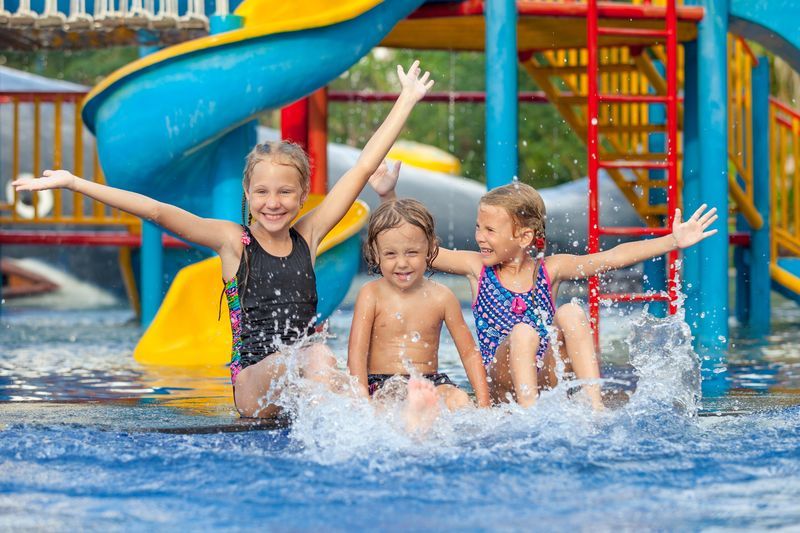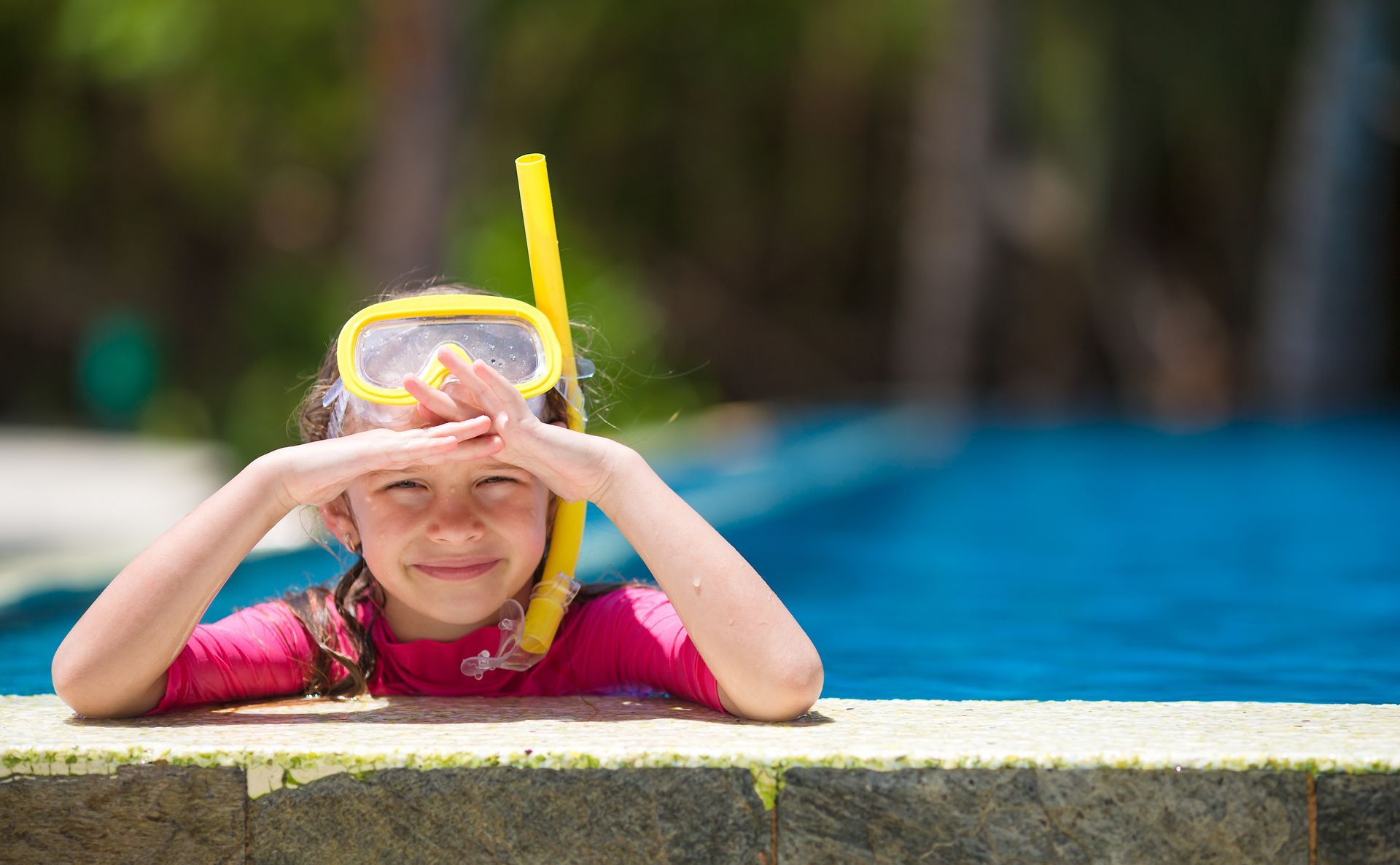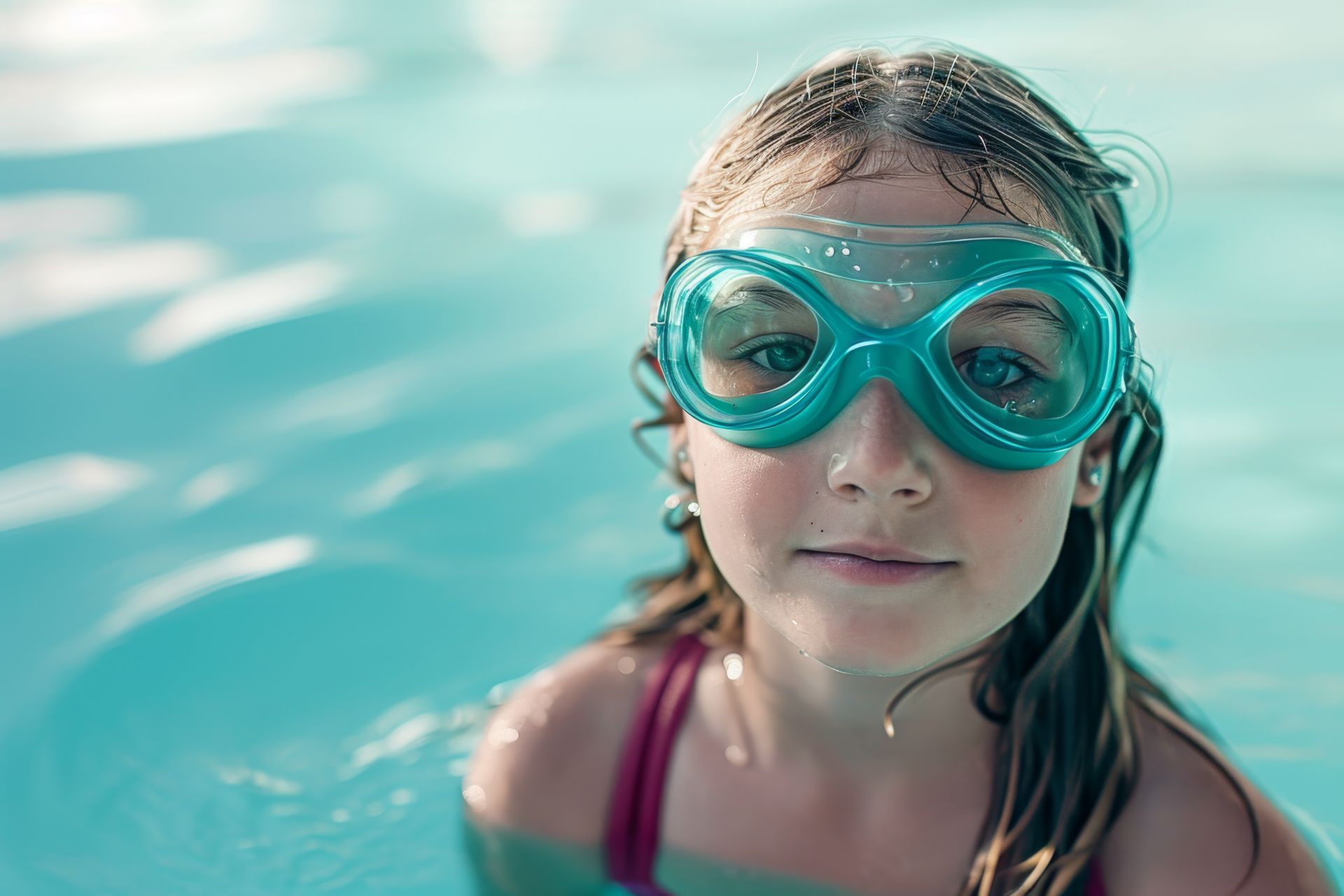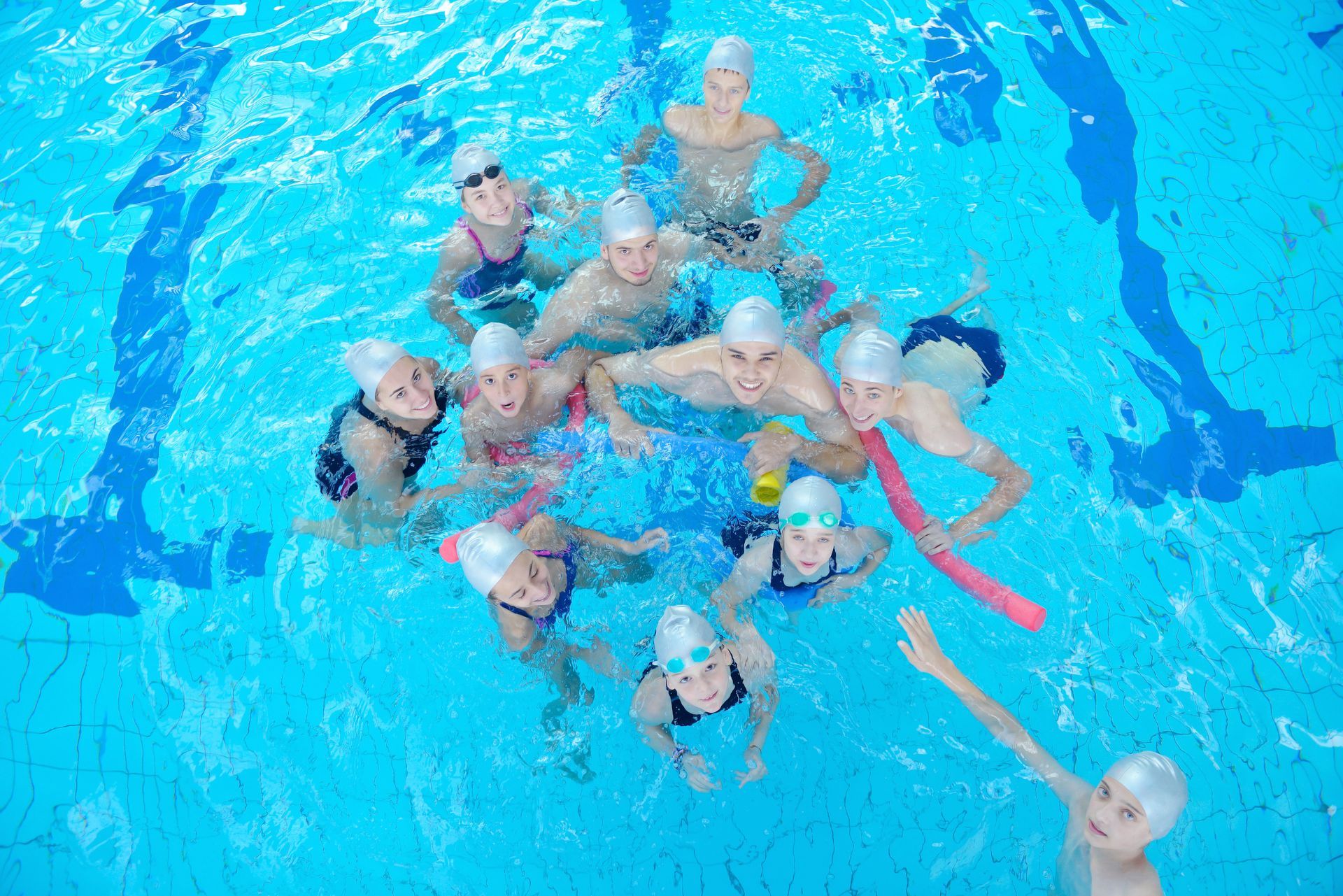Swim Lessons: A Springboard for Child Social Skills

Swim lessons extend beyond the acquisition of water safety skills and the development of physical stamina. They serve as a dynamic environment where children can cultivate crucial social skills. With each stroke and paddle, young swimmers not only gain proficiency in swimming but also learn valuable lessons in teamwork, communication, and confidence. Programs such as those offered by SwimJim emphasize the community-building aspect of swimming, fostering an atmosphere where long-term social benefits are as integral as the skills taught.
The Role of Group Swim Lessons in Promoting Teamwork
Group swim lessons are fertile ground for teamwork. Children learn to support each other’s efforts, celebrate individual progress, and work collectively towards common goals. Instructors often incorporate relay races, synchronized swimming activities, and safety drills that require coordinated efforts, implicitly teaching children the importance of working together. This collaborative environment encourages children to be mindful of their peers’ abilities and limitations, promoting an ethos of inclusion and collective responsibility.
Communication Skills Developed Through Swimming
In the somewhat challenging environment of a pool, children are compelled to develop effective communication skills. Clear articulation of thoughts and feelings becomes essential, whether to express discomfort, fear, or the need for assistance. Instructors guide children in using verbal cues and non-verbal signals to communicate in the water, skills which are transferable to day-to-day interactions. The dialogue between instructor and student, and amongst the children themselves, strengthens their ability to express themselves confidently and listen to others attentively.
Confidence Cultivation in the Pool
Swim lessons naturally contribute to confidence building. Each mastered breath control technique, each successful dive, and each lap completed without assistance is a triumph that bolsters a child’s self-esteem. The supportive cheers of instructors and peers when a child overcomes a personal hurdle are affirmations that resonate beyond the pool. This confidence can translate into a greater willingness to engage in social situations, try new activities, and assert themselves in group settings.
SwimJim’s Approach to Community Building
SwimJim’s swim lesson programs place a significant emphasis on creating a sense of community. Their approach goes beyond teaching swimming techniques; it nurtures a supportive atmosphere where every child feels valued and part of a larger family. Instructors are trained to recognize the social dynamics of their groups and to foster positive interactions among their students. This approach reinforces the idea that each member contributes to the group’s success, engendering a sense of belonging and mutual respect.
Long-term Social Benefits from Early Swim Lessons
The social benefits imparted by early swim lessons are enduring. Children who participate in group swimming activities learn essential life skills such as patience, empathy, and the importance of giving and receiving encouragement. These skills are crucial in forming and maintaining healthy relationships throughout life. As they grow, children who have engaged in group swim lessons may find it easier to adapt to team environments, whether in academic settings, sports, or the workplace.
Overcoming Social Apprehension with Peer Support
Swim lessons also serve as a conduit for overcoming social apprehension. It is not uncommon for children to experience nervousness when introduced to group settings. The empathetic environment of a swim class allows children to ease into social interactions under the guidance of instructors who are attuned to their hesitations. The shared experiences in learning to swim can form bonds of understanding and support, helping children to overcome shyness and become more sociable.
Navigating the Challenges of Social Skill Development in Swimming
Challenges inevitably arise as children learn to navigate social relationships. In swim lessons, instances of conflict or miscommunication offer valuable teaching moments. Instructors can help children learn conflict resolution skills, guiding them to understand different perspectives and resolve disputes amicably. These lessons in diplomacy and the ability to negotiate solutions are critical social skills that will serve children throughout their lives.
The Ripple Effect of Swim Lessons on Social Skills
The impact of swim lessons on social skill development can be seen as a ripple effect. Skills acquired in the pool spread outward, influencing various aspects of a child’s life. The resilience developed through persistence in swim training can help children face social challenges with a similar tenacity. A child accustomed to giving and receiving feedback during swim lessons may be better equipped to handle constructive criticism in other contexts.
Swim lessons, particularly those that emphasize social skill development as much as physical skill acquisition, can be a powerful springboard for children in their formative years. With each splash and flutter kick, children not only navigate the waters but also the complex world of social interactions. The community and camaraderie experienced in programs like SwimJim’s can instill a foundation of teamwork, communication, and confidence that children carry with them long after they have dried off. The pool, a place of play and exercise, emerges as a classroom where life’s essential social lessons are joyously learned.
Ready to see your child make a splash in their social and swimming skills? Dive into SwimJim’s group lessons, where every stroke builds stronger, more confident swimmers and individuals. Enroll today and watch your little one flourish both in and out of the pool. Join SwimJim’s Community and start the journey!
The post Swim Lessons: A Springboard for Child Social Skills appeared first on Swim Jim.







